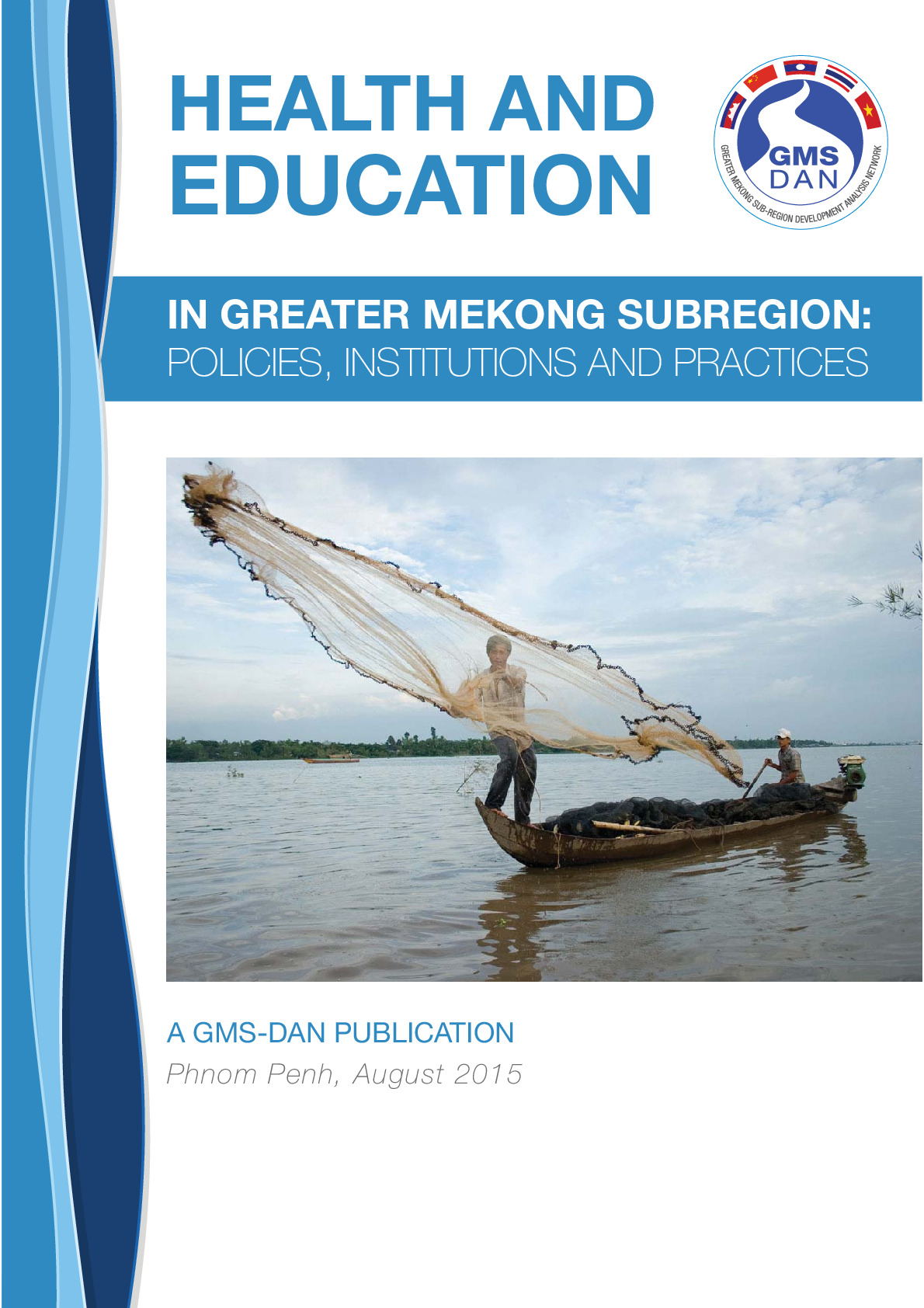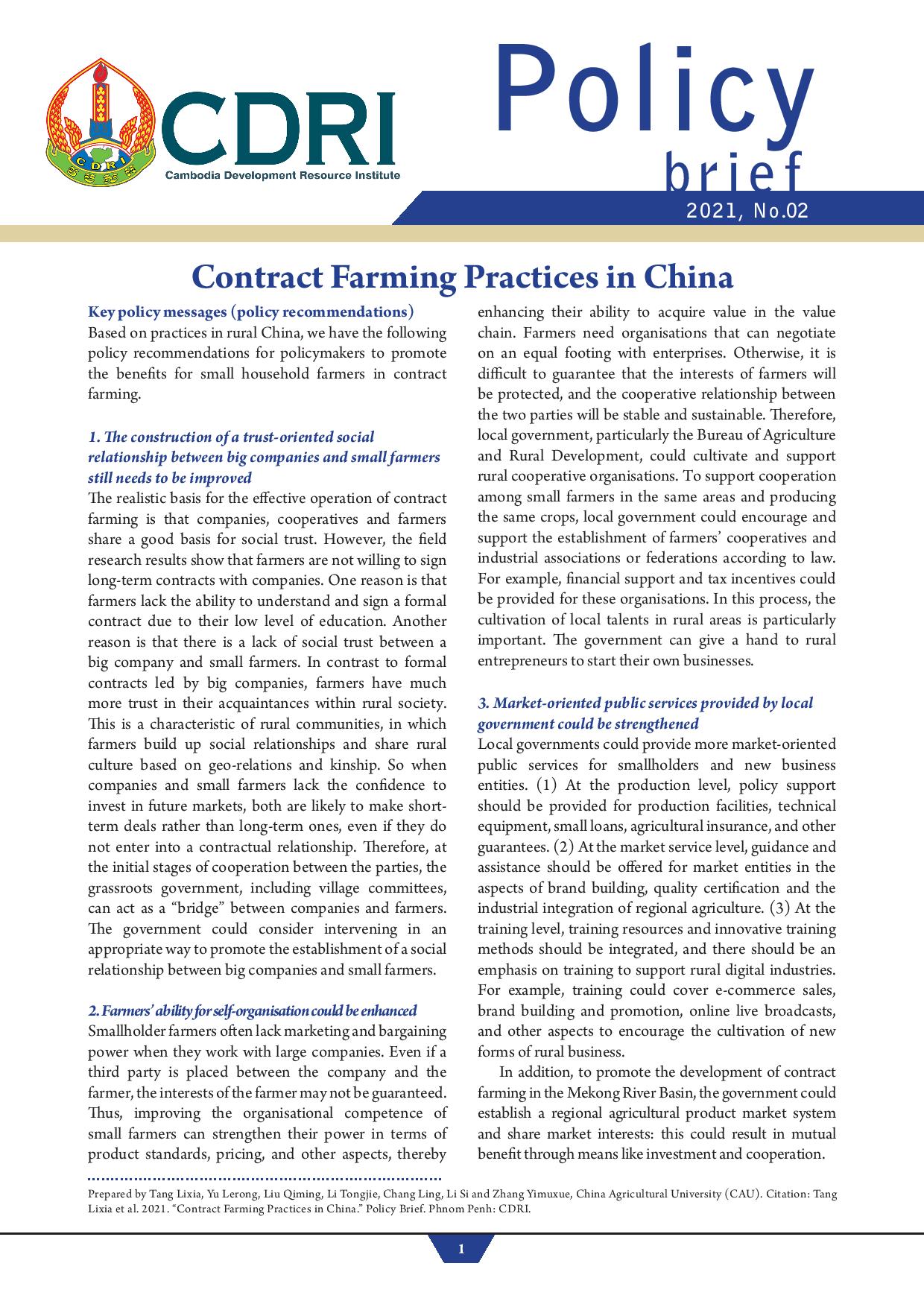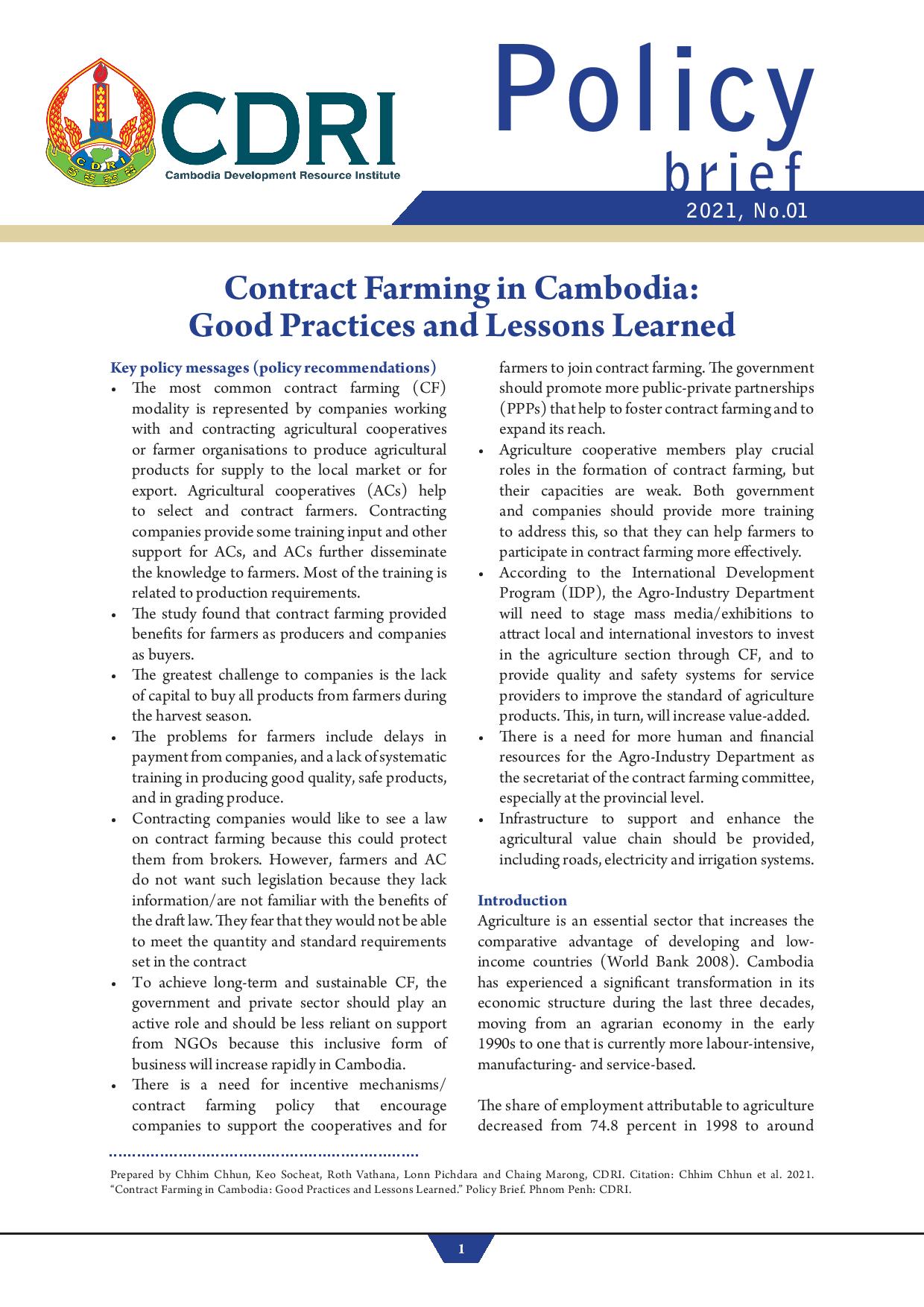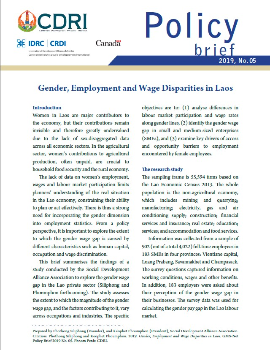
Health and Education in the Greater Mekong Subregion: Policies, Institutions and Practices
Keyword: Greater Mekong Subregion, health policies, education policies, institutional frameworks, inclusive development
Abstract/Summary
Health and education sectors hold centre stage in ensuring
that the benefits of economic growth and development are distributed more
inclusively. GMS countries, in their development strategies and plans, give
high priority to providing equitable access to health and education services at
affordable prices. Policies and institutional frameworks for health and
education are broadly similar across GMS countries. Resource commitments and
functioning of institutional frameworks vary a great deal, however. Most health
and education systems in the GMS are mixed hybrid systems, with the state
playing a dominant role in services provision and the private sector
complementing that role. As a result, non-state actors play only a limited role
in policymaking and implementation. External development partners, especially
multilateral institutions, fill this gap to a large extent. Some of the
bilateral donors also play a notable but largely complementary
knowledge-provision role. And, for various reasons, the research priorities of
development partners are not always aligned to the priorities of the
recipient-countries.



